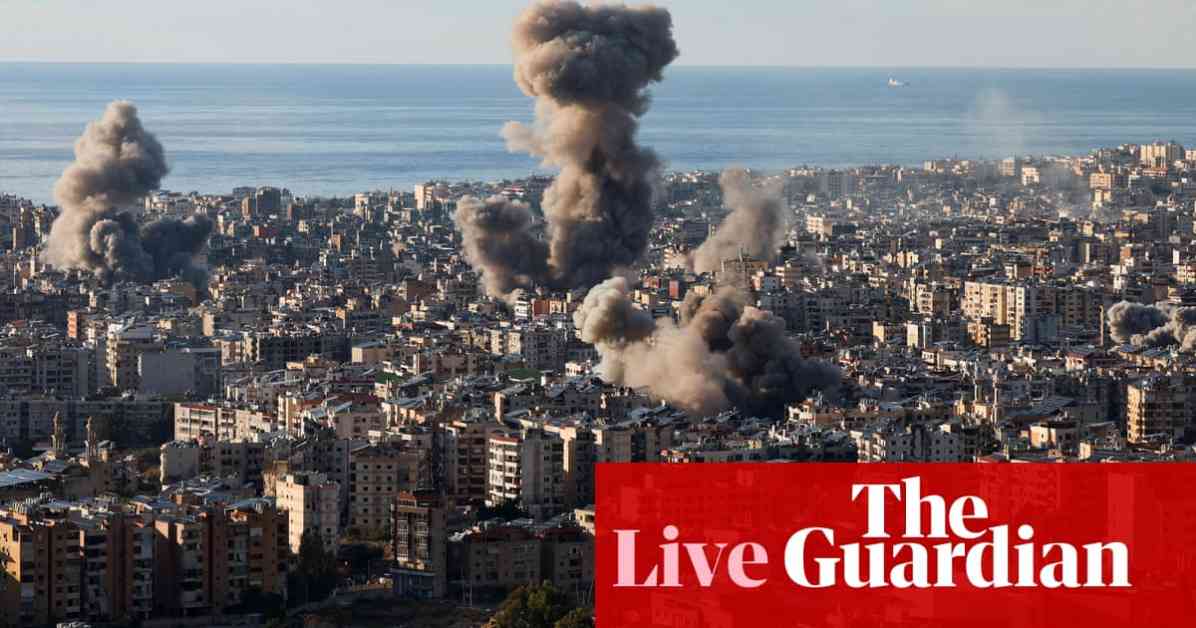Israeli Prime Minister Benjamin Netanyahu announced that he will recommend his cabinet to approve a ceasefire deal agreement to end the fighting with Hezbollah in Lebanon. This decision comes after intense Israeli airstrikes on Beirut and other parts of Lebanon, resulting in at least 18 deaths. Netanyahu emphasized that any violation of the ceasefire deal by Hezbollah will be met with a strong response from Israel.
During his televised address, Netanyahu did not provide specifics about the ceasefire deal, but Israeli media reported that the smaller security cabinet had already approved it. The timing of the ceasefire going into effect remains unclear, although Lebanese media suggested it could happen on Wednesday. Netanyahu also made it clear that the ceasefire with Hezbollah would not impact Israel’s ongoing conflict with Hamas in Gaza.
Netanyahu highlighted three main reasons for pursuing a ceasefire agreement at this time. Firstly, it would enable Israel to refocus its attention on countering the Iranian threat, as Hezbollah is backed by Iran. Secondly, the deal would allow Israel to enhance its military capabilities by replenishing its weapons supply, addressing previous delays in weapon deliveries. Lastly, Netanyahu pointed out that a ceasefire with Hezbollah would isolate Hamas in Gaza, making it easier for Israel to pressure and confront the group.
The Israeli Prime Minister stressed that any breach of the ceasefire by Hezbollah, such as rearming or launching attacks, would be met with a forceful response from Israel. He assured that Israel had an understanding with the United States to maintain its military freedom of action in case of any aggression from Hezbollah. Netanyahu also boasted about Israel’s success in pushing Hezbollah back by destroying rockets, missiles, and terrorist infrastructure near the border.
Netanyahu’s determination to protect Israeli soldiers and achieve the country’s goals was evident throughout his address. He promised to bring a plan for a ceasefire in Lebanon before the cabinet, emphasizing that the war would not end until all objectives were met. Additionally, he vowed to ensure the safety of residents in northern Israel and eliminate the threat posed by Gaza.
Overall, Netanyahu’s recommendation for a ceasefire deal with Hezbollah signifies a pivotal moment in the ongoing conflict in the Middle East. It reflects Israel’s strategic priorities and the changing dynamics in the region, particularly regarding Iran’s influence and the isolation of militant groups like Hamas. As the situation continues to evolve, Netanyahu’s leadership and decision-making will play a crucial role in shaping the future of Israel’s security and relationships with neighboring countries.












